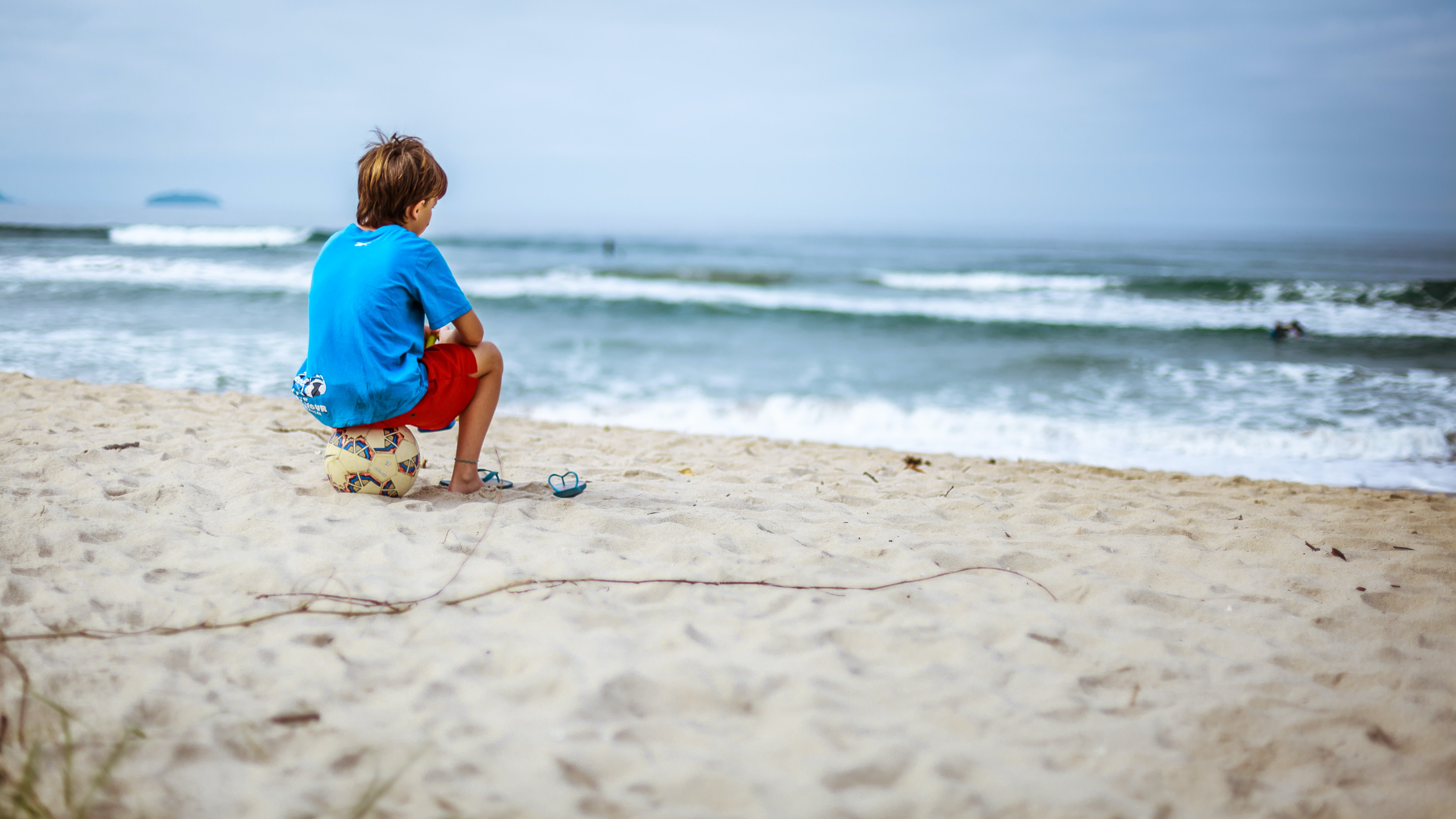
For some kids, summertime is not all fun and games. Sure, school’s out, and the days are sunny. However, without the schedule and structure of a daily routine, many kids might find summer to be an emotionally challenging time. In 2021 more than ever before, school-age children have faced serious emotional challenges. While they may not be heartbroken to wrap up remote learning, kids’ ability to self-motivate and use their time effectively is stretched. Depression and seasonal affective issues are very likely to have an impact on children at the tail end of the pandemic. Seasonal depression is more common in the winter than in the summer. That said, summer Seasonal Affective Disorder (SAD) is a known phenomenon that has clear causes and remedies.
How To Spot The Summer Blues
During the school year, teachers, aids, and school staff act as guiding figures for kids day in and day out. Whether or not a child loves school, they are bound to respond in some way to the presence of a daily routine. Plus, in the summer, kids are missing caring teachers who provide them with mental enrichment and a sense of purpose.
When summer comes around, kids are suddenly in a situation that forces them to create their own structure, stimulation, and trajectory. The result for many kids is boredom or antsiness – both of which can lead to bad habits.
Here are a few things to look for when determining whether your child has summer SAD:
- Their energy is irregular. Does it seem like your kid just can’t calm down? Heat can be stimulating – not always in a good way. Watch for signs of restlessness, distractibility, or agitation. Or, in hot climates, a heat streak can be oppressive and exhausting. If a child internalizes this, they might be lethargic or lose interest in daily activities.
- Socializing feels difficult. If an otherwise-social child is turning down invitations to meet up with friends or seems frustrated around other people, they may be experiencing a moment of depression. Watch for excessive social media use, resistance to conversation, or a lack of desire to go out of the house.
- Their sleep hours are out of whack. During the school year, there’s a precise time to wake up and a reason to get going in the morning. However, a child dealing with seasonal depression in the summer might lose the will to carry out their morning routine with gusto. Interestingly, excess sunshine can be attributed to a bump in melatonin production which keeps kids up past their usual bedtimes. Once a child’s delicate circadian rhythm is interrupted, they become susceptible to more and more mental disruptions.
- They cannot place their sadness. If a child feels lonely, disinterested, or worthless to the extent that parents become aware of it, it is crucial to identify the root cause. In the case of summer SAD, there is often no apparent reason for a kid’s deflated emotional state.
Summer SAD Is Not The Same Thing As Depression
Good news for parents – while it may look like depression, summer SAD is an entirely different thing. When a season impacts a child’s ability to get motivated or cope, it can be difficult to watch, but it will pass. People with SAD can sometimes feel the full range of symptoms that a person with clinical depression feels but will experience relief when the dog days of summer are over. If you are concerned about whether your child is suffering from SAD or a more severe form of depression, watch for consistency. A health care practitioner will diagnose a child with depression if they consistently show a number of symptoms for at least two weeks. To be sure that your child is genuinely experiencing SAD, think back to previous summers. Seasonal depression is not just a 2021 phenomenon – it would need to repeat for at least a couple of years to be considered SAD.
How To Care For A Child With Summer SAD
If your child demonstrates repeated instances of summertime depression, you can implement some practical solutions right away.
- Therapy. Consider a therapeutic approach that encourages new mental models, problem-solving, and a solution-oriented mindset. Cognitive-behavioral therapy is a popular choice for people of all ages whose emotional health shifts with the seasons.
- Structure. You don’t need to play teacher all summer long – however, build some routines into your child’s days. Consistent mealtimes, limiting playtime with technology or video games, and household projects are just a few ways you can give your child a sense of direction during the summer.
- Exercise. There is no doubt that getting physical will lift your child’s mood. Find a sport or activity they love and encourage them to spend some time moving around every day.
If you suspect that your child’s emotional distress runs deeper than summer SAD, it is probably time to seek mental health services. At Maryvale, we take an individualized, compassionate approach to children’s mental wellness. Learn more about how our therapeutic offerings help to strengthen family bonds.
Alternatively, if you’re simply looking for a reliable way to stave off the summer blues for your child, consider Maryvale’s Summer Day Camp. Field trips, swimming, and educational playtime are just a few of the things your child can look forward to when joining us. Get in touch to learn more about our summer programs.






